More children are being vaccinated around the world today than ever before, and the prevalence of many vaccine-preventable diseases has dropped over the last decade. Despite these encouraging signs, however, the availability of essential vaccines has stagnated globally in recent years, according the World Health Organization.
One problem, particularly in low-resource settings, is the difficulty of predicting how many children will show up for vaccinations at each health clinic. This leads to vaccine shortages, leaving children without critical immunizations, or to surpluses that can’t be used.
The startup macro-eyes is seeking to solve that problem with a vaccine forecasting tool that leverages a unique combination of real-time data sources, including new insights from front-line health workers. The company says the tool, named the Connected Health AI Network (CHAIN), was able to reduce vaccine wastage by 96 percent across three regions of Tanzania. Now it is working to scale that success across Tanzania and Mozambique.
“Health care is complex, and to be invited to the table, you need to deal with missing data,” says macro-eyes Chief Executive Officer Benjamin Fels, who co-founded the company with Suvrit Sra, the Esther and Harold E. Edgerton Career Development Associate Professor at MIT. “If your system needs age, gender, and weight to make predictions, but for one population you don’t have weight or age, you can’t just say, ‘This system doesn’t work.’ Our feeling is it has to be able to work in any setting.”
The company’s approach to prediction is already the basis for another product, the patient scheduling platform Sibyl, which has analyzed over 6 million hospital appointments and reduced wait times by more than 75 percent at one of the largest heart hospitals in the U.S. Sybil’s predictions work as part of CHAIN’s broader forecasts.
Both products represent steps toward macro-eyes’ larger goal of transforming health care through artificial intelligence. And by getting their solutions to work in the regions with the least amount of data, they’re also advancing the field of AI.
“The state of the art in machine learning will result from confronting fundamental challenges in the most difficult environments in the world,” Fels says. “Engage where the problems are hardest, and AI too will benefit: [It will become] smarter, faster, cheaper, and more resilient.”
Defining an approach
Sra and Fels first met about 10 years ago when Fels was working as an algorithmic trader for a hedge fund and Sra was a visiting faculty member at the University of California at Berkeley. The pair’s experience crunching numbers in different industries alerted them to a shortcoming in health care.
“A question that became an obsession to me was, ‘Why were financial markets almost entirely determined by machines — by algorithms — and health care the world over is probably the least algorithmic part of anybody’s life?’” Fels recalls. “Why is health care not more data-driven?”
Around 2013, the co-founders began building machine-learning algorithms that measured similarities between patients to better inform treatment plans at Stanford School of Medicine and another large academic medical center in New York. It was during that early work that the founders laid the foundation of the company’s approach.
“There are themes we established at Stanford that remain today,” Fels says. “One is [building systems with] humans in the loop: We’re not just learning from the data, we’re also learning from the experts. The other is multidimensionality. We’re not just looking at one type of data; we’re looking at 10 or 15 types, [including] images, time series, information about medication, dosage, financial information, how much it costs the patient or hospital.”
Around the time the founders began working with Stanford, Sra joined MIT’s Laboratory for Information and Decision Systems (LIDS) as a principal research scientist. He would go on to become a faculty member in the Department of Electrical Engineering and Computer Science and MIT’s Institute for Data, Systems, and Society (IDSS). The mission of IDSS, to advance fields including data science and to use those advances to improve society, aligned well with Sra’s mission at macro-eyes.
“Because of that focus [on impact] within IDSS, I find it my focus to try to do AI for social good,’ Sra says. “The true judgment of success is how many people did we help? How could we improve access to care for people, wherever they may be?”
In 2017, macro-eyes received a small grant from the Bill and Melinda Gates Foundation to explore the possibility of using data from front-line health workers to build a predictive supply chain for vaccines. It was the beginning of a relationship with the Gates Foundation that has steadily expanded as the company has reached new milestones, from building accurate vaccine utilization models in Tanzania and Mozambique to integrating with supply chains to make vaccine supplies more proactive. To help with the latter mission, Prashant Yadav recently joined the board of directors; Yadav worked as a professor of supply chain management with the MIT-Zaragoza International Logistics Program for seven years and is now a senior fellow at the Center for Global Development, a nonprofit thinktank.
In conjunction with their work on CHAIN, the company has deployed another product, Sibyl, which uses machine learning to determine when patients are most likely to show up for appointments, to help front-desk workers at health clinics build schedules. Fels says the system has allowed hospitals to improve the efficiency of their operations so much they’ve reduced the average time patients wait to see a doctor from 55 days to 13 days.
As a part of CHAIN, Sibyl similarly uses a range of data points to optimize schedules, allowing it to accurately predict behavior in environments where other machine learning models might struggle.
The founders are also exploring ways to apply that approach to help direct Covid-19 patients to health clinics with sufficient capacity. That work is being developed with Sierra Leone Chief Innovation Officer David Sengeh SM ’12 PhD ’16.
Pushing frontiers
Building solutions for some of the most underdeveloped health care systems in the world might seem like a difficult way for a young company to establish itself, but the approach is an extension of macro-eyes’ founding mission of building health care solutions that can benefit people around the world equally.
“As an organization, we can never assume data will be waiting for us,” Fels says. “We’ve learned that we need to think strategically and be thoughtful about how to access or generate the data we need to fulfill our mandate: Make the delivery of health care predictive, everywhere.”
The approach is also a good way to explore innovations in mathematical fields the founders have spent their careers working in.
“Necessity is absolutely the mother of invention,” Sra says. “This is innovation driven by need.”
And going forward, the company’s work in difficult environments should only make scaling easier.
“We think every day about how to make our technology more rapidly deployable, more generalizable, more highly scalable,” Sra says. “How do we get to the immense power of bringing true machine learning to the world’s most important problems without first spending decades and billions of dollars in building digital infrastructure? How do we leap into the future?”
from MIT News https://ift.tt/2YwGVLj
via


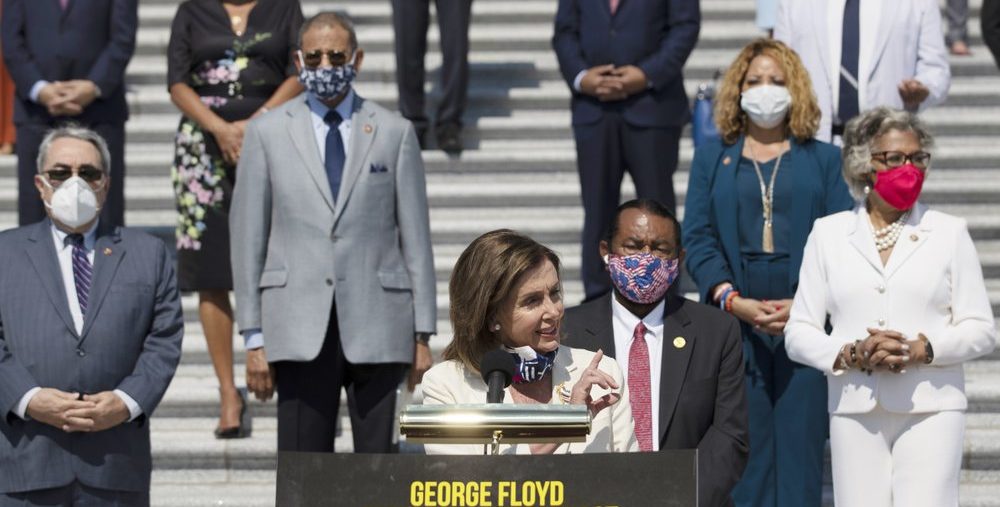
 • "It is really exciting to know that Princess Tiana's presence in both Disneyland and Magic Kingdom will finally be fully realized! As passionate as I am about what we created, I know the fans are going to be over the moon. The Imagineers are giving us the Princess & The Frog Mardi Gras celebration we've been waiting for, and I'm here for it!" ~Anika Noni Rose/ Princess Tiana
• "It is really exciting to know that Princess Tiana's presence in both Disneyland and Magic Kingdom will finally be fully realized! As passionate as I am about what we created, I know the fans are going to be over the moon. The Imagineers are giving us the Princess & The Frog Mardi Gras celebration we've been waiting for, and I'm here for it!" ~Anika Noni Rose/ Princess Tiana
 •
•
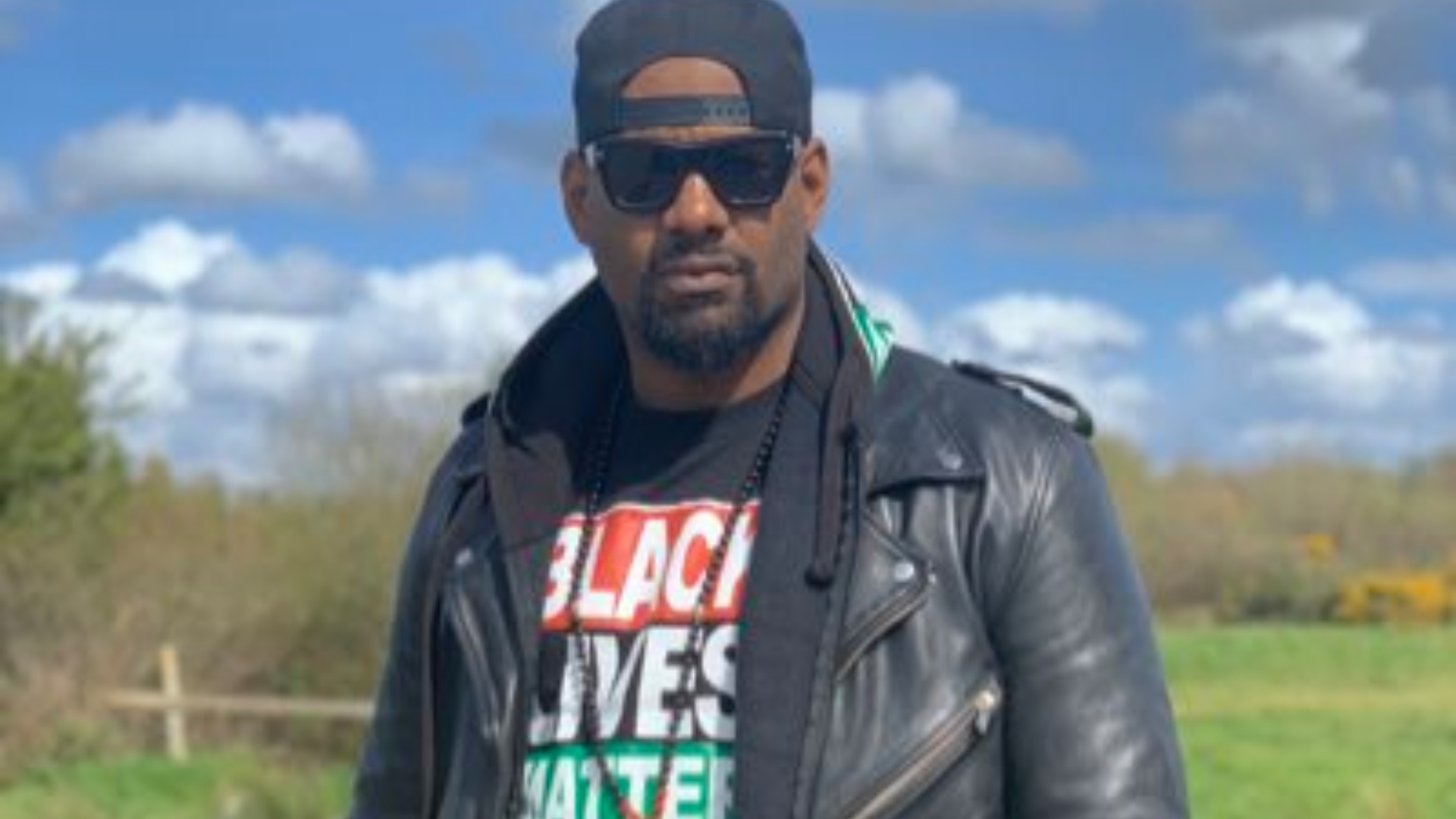
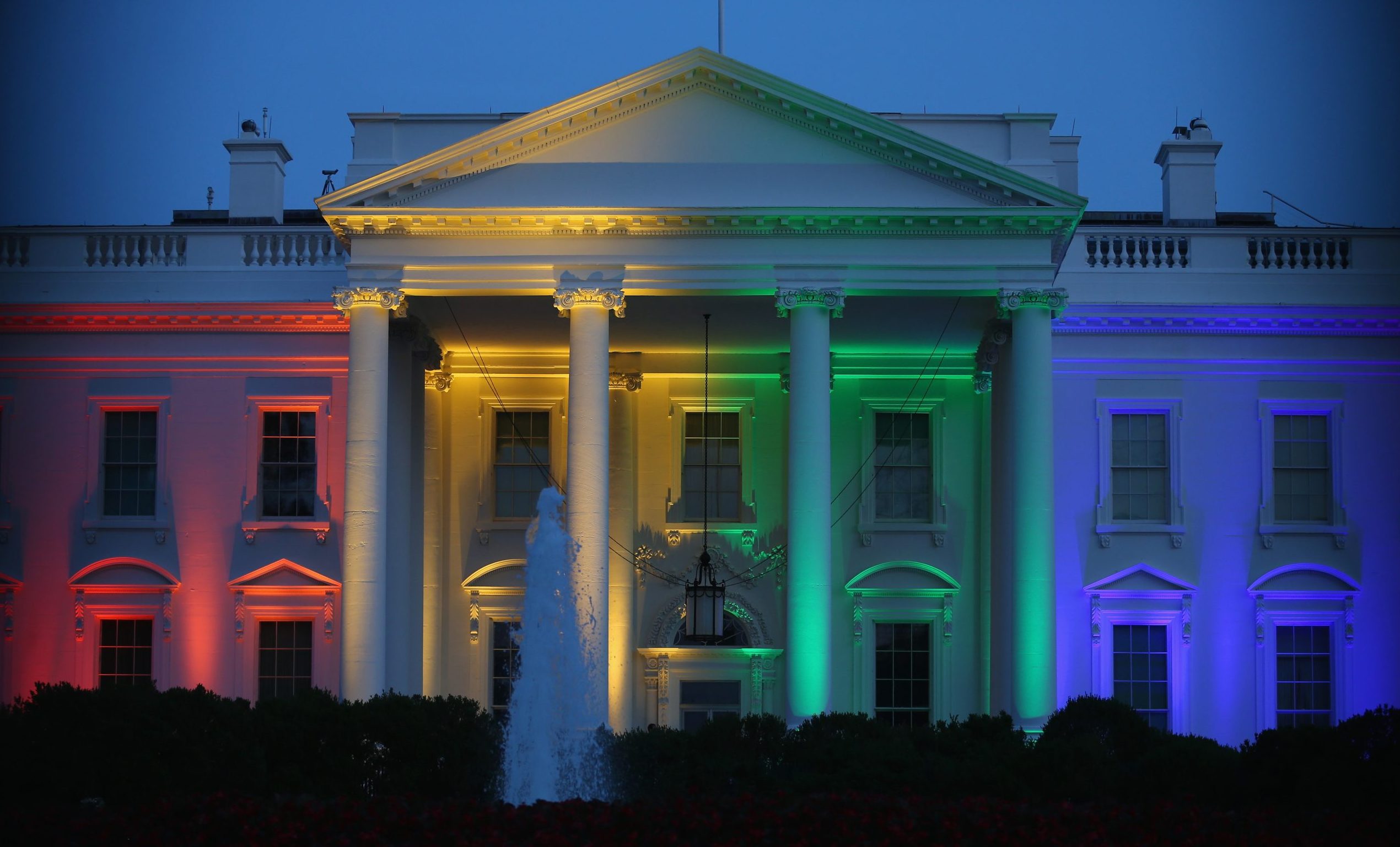
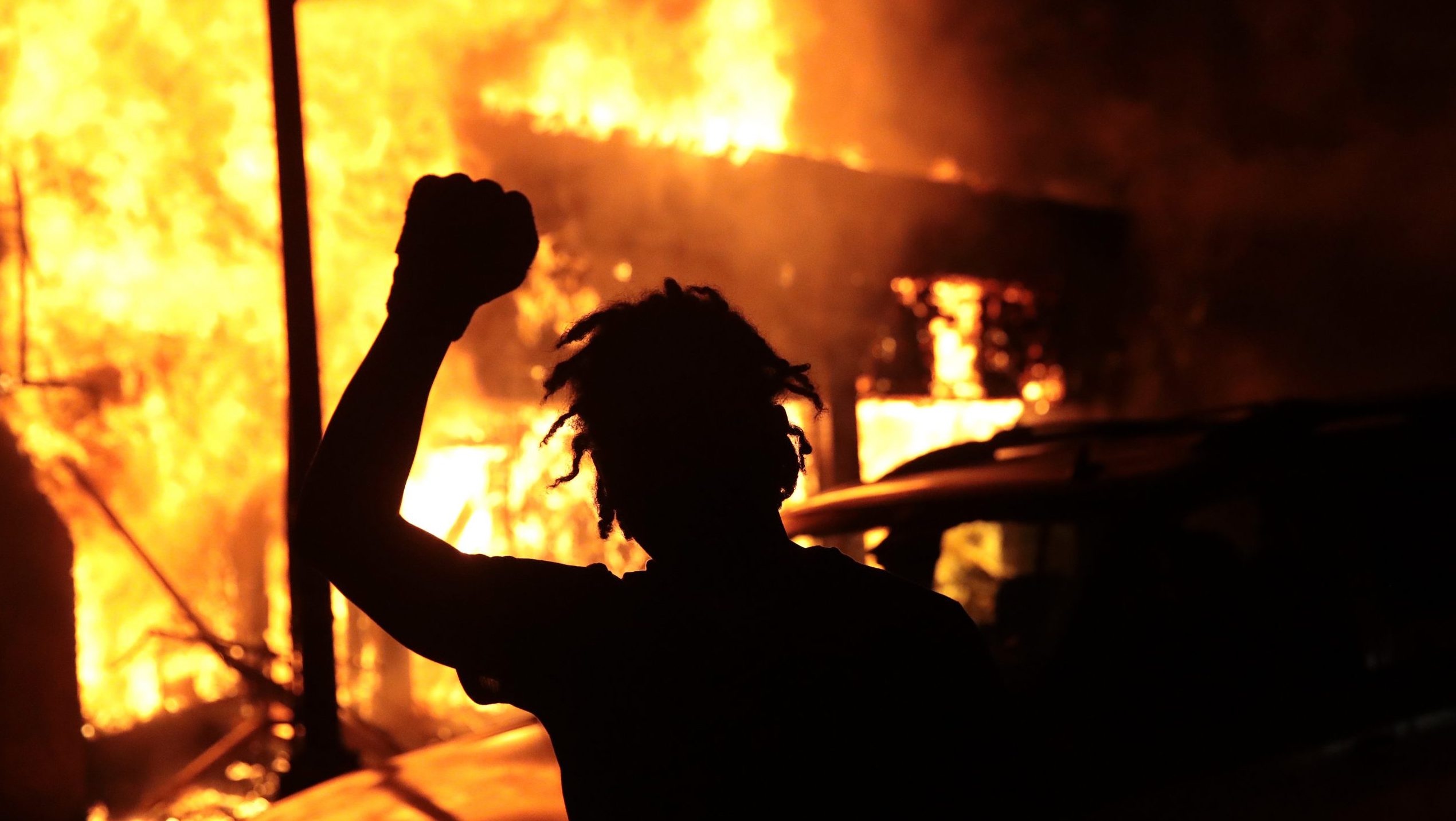
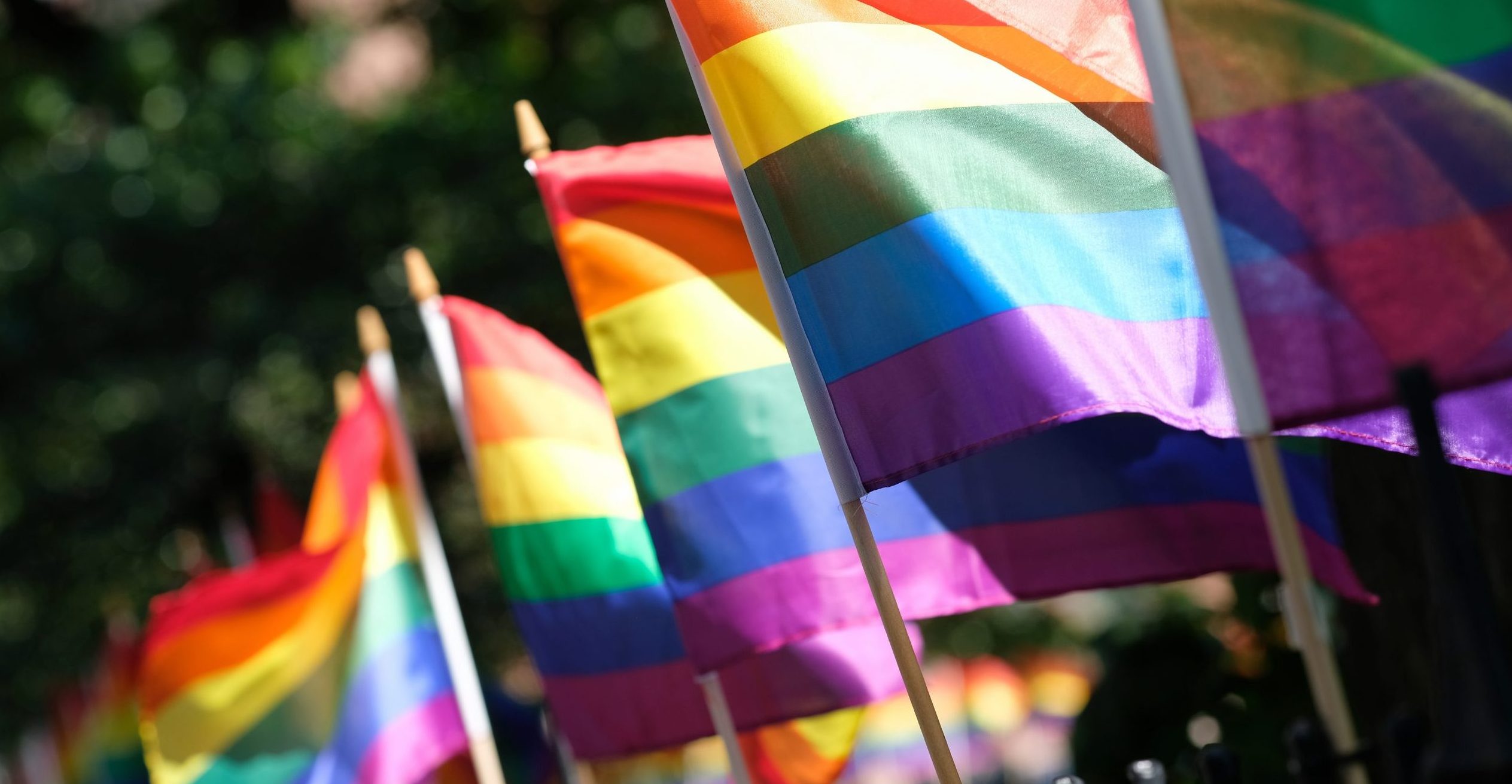
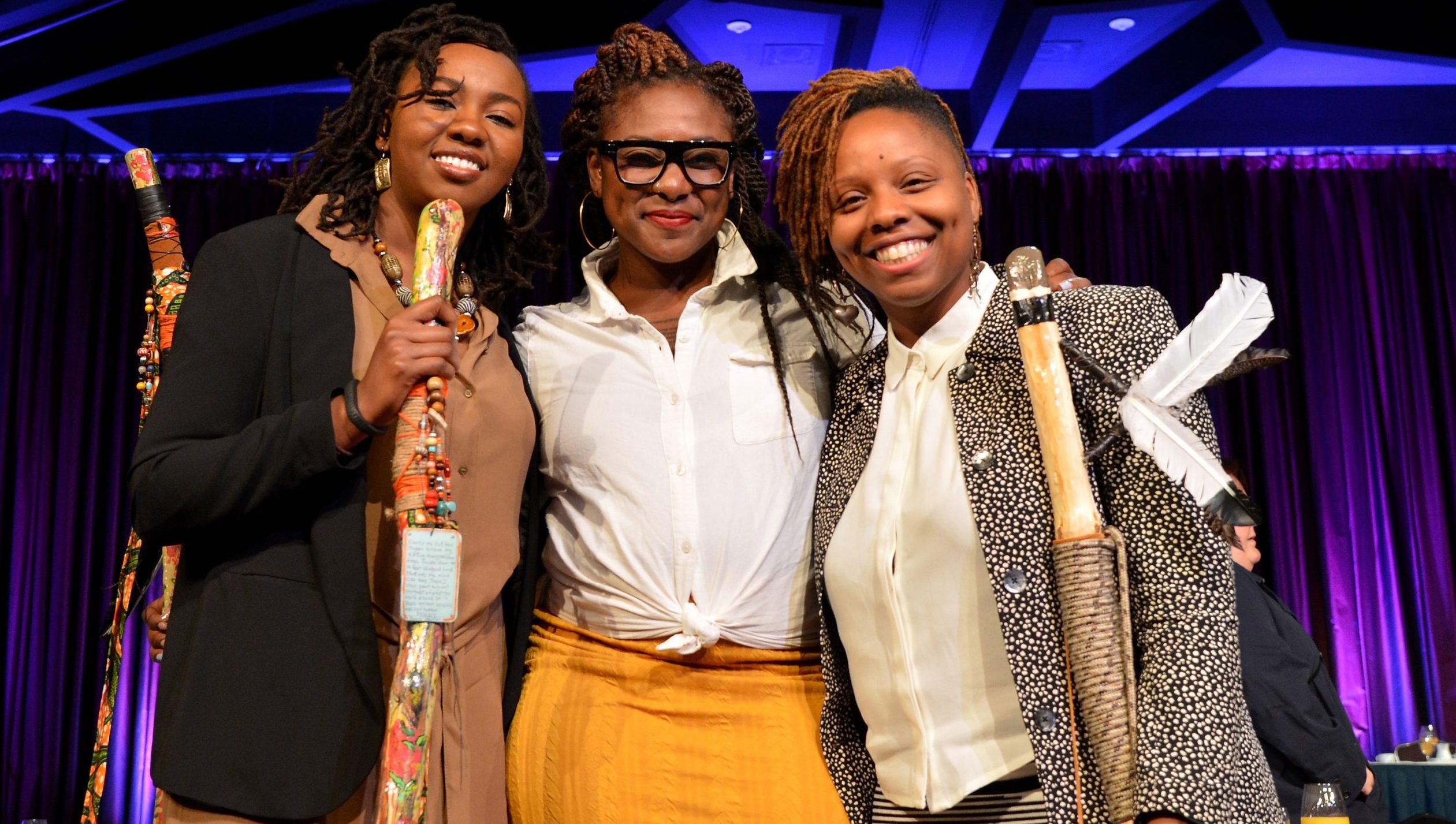
 Ernest
Ernest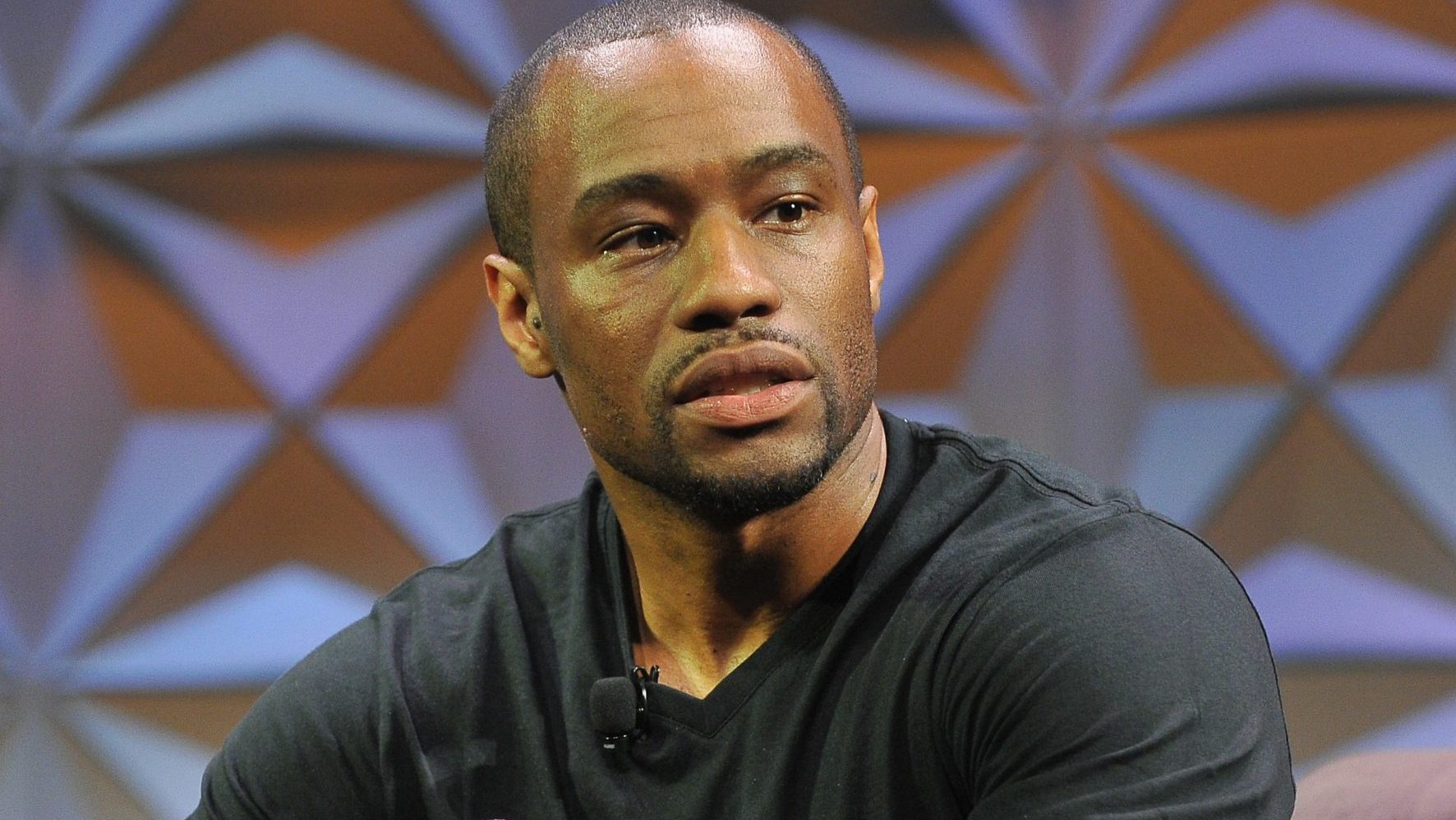
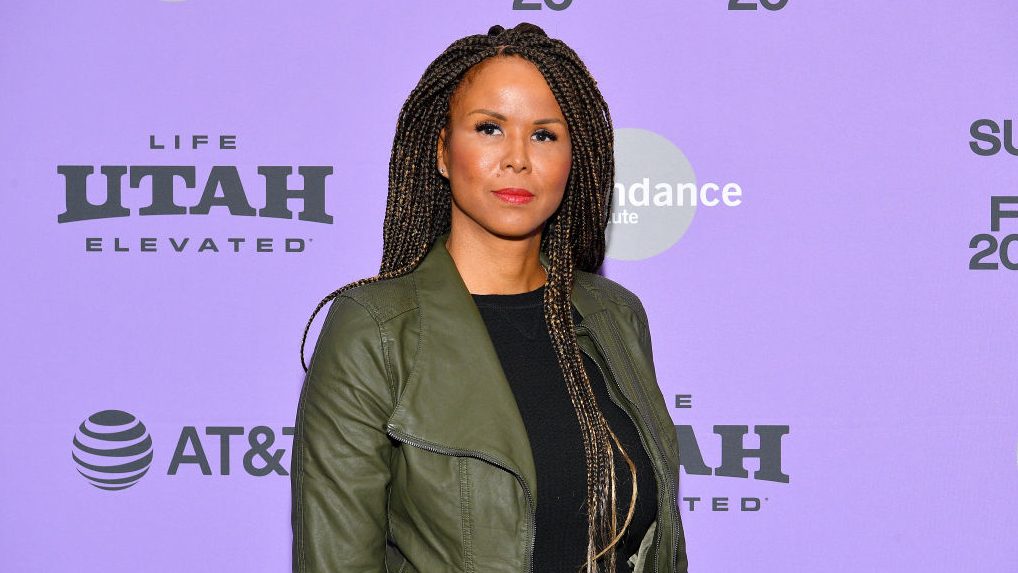
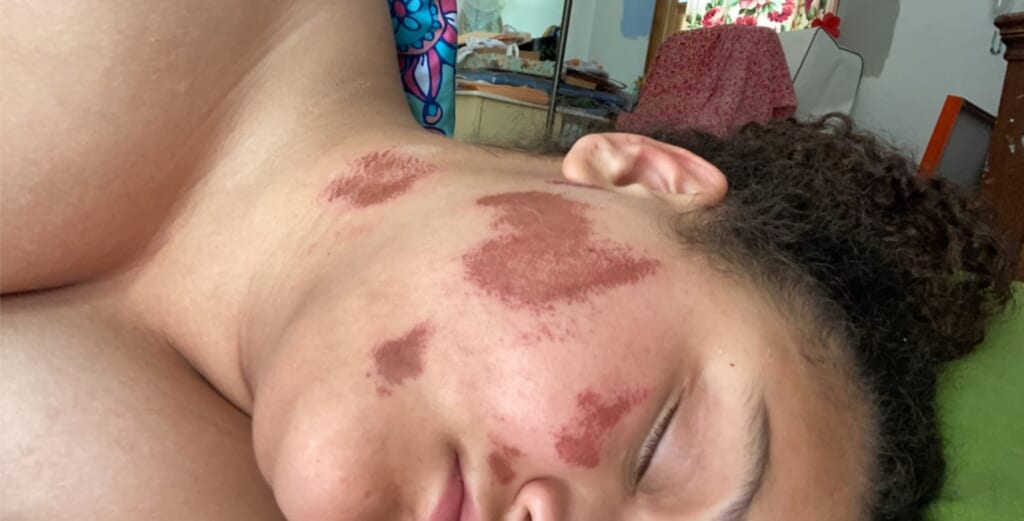

 (@kenion_d)
(@kenion_d) 